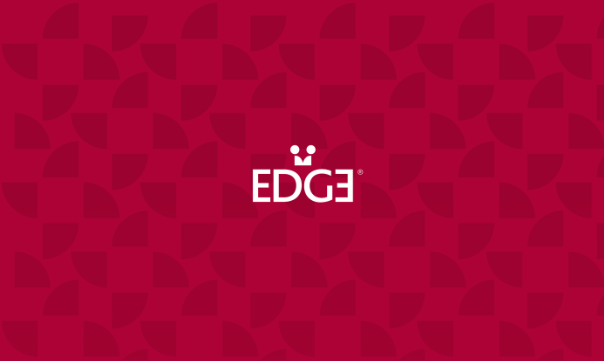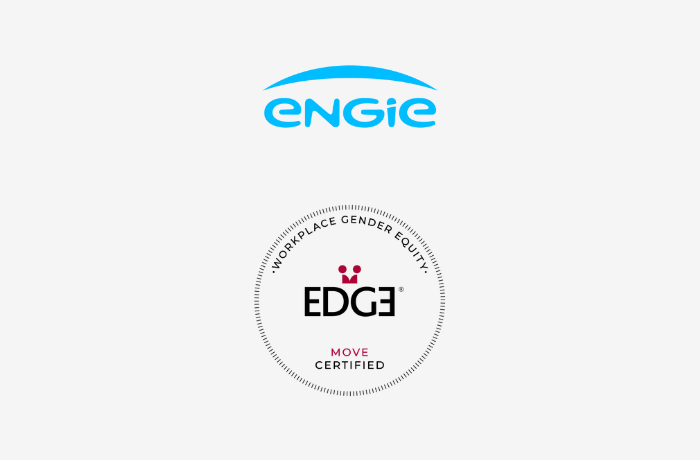Welcome to our series, where we speak with members of our Global Advisory and Academic and Scientific Councils to hear their insights on diversity, equity, and inclusion. Each interview highlights their unique expertise and the important work they’re leading. Today, we speak with Luis G. Solis, Former President of Costa Rica.
With a long background in education and politics, Luis G. Solis, is known for actively supporting progressive policies focusing on gender equality, DE&I, environmental protection and social justice. He is a valued member of the EDGE Global Advisory Council.

What in your opinion would constitute an example of a highly impactful policy measure at government level to support Diversity, Equity, & Inclusion in the Workplace?
In my opinion there is no more basic yet essential and most impactful policy measure at government level to support DE&I in the workplace, than the existence of an efficient ecosystem of care facilities for women. In our experience in Costa Rica, women -especially the poor with limited education- cannot participate in the labor markets in decent conditions, if they do not have access to reliable public care facilities for their children. It is of utmost importance for governments to ensure that these women are provided with efficient, adequate care services that their children can access during their working hours. There are several types of care facilities that have been put in place, including the use of homes were children are under the care of other women who are contracted with this purpose by the Social Services. Yet, I prefer a more” technical option” in which children are attended by specialized personnel that can provide educational and recreational activities during the day and who are trained to deal with health and nutritional issues as well.
Costa Rica is recognized as one of the most advanced countries in implementing policies that support women and diversity. Drawing from your experience, what do you see as the key elements that ensure the successful design and implementation of a government policy for long-term sustainable impact? Could you share an example that illustrates this?
Costa Rica has been investing in public education since the mid nineteenth Century. This commitment has had a very positive impact on society at large and women in particular. While female discrimination has been a pervasive trait in the Costa Rican political system just as in many other countries, the fact that women could attend school and therefore could achieve greater degrees of inclusion in the working place has been one of the central tenants of Costa Rica’s human development strategy. No nation can improvise public education. It takes decades and generations to truly see the results of a systematic commitment to education. It also requires significant funding and above all, a clear vision on the part of the country’s leadership that money dedicated to this end, is not “spent” but rather invested in the long run. Over 150 years of experience prove this and furthermore, guarantee the success of academic and vocational schooling from kindergarten to university. Probably no example is more vivid regarding Costa Rica’s commitment to public education, than the partial use of the “peace dividends” resulting from the abolition of the armed forces in 1948, to this end. While this context favors the population as a whole and not only women, it is clear that women options are expanded when they are benefited by an extended educational system (which in CR is mandatory and publicly funded from pre-school to 9th grade) as well as by a widespread Social Security network that is a key factor in the provision of health services to children.
What is your view on the role of leadership (public or private) to achieving DE&I goals?
In my view the role of leadership is essential in achieving DE&I goals. Without it, no progress would be lasting, nor significant. Let’s face it: the promotion and empowering of women doesn’t come easy nor just happens. In patriarchal societies, but in all societies in general, stereotypes against women have produced much discrimination and exclusion which remain pervasive even in our time. Therefore, counting on courageous, visionary and firm leaderships has become one of the most difficult yet important tasks in our struggle for women rights. In the case of private leaderships, this situation is even more pressing, for much of what can be done in order to enhance and promote the role of women depends on the willingness and creativeness of management. There is more than a symbolic importance in private leadership’s willingness to explore -with public officials- more ways to generate synergies in the form of initiatives under the figure of public-private alliances. This would be the ideal collaboration and would have a long-lasting impact in the field.
A big thank you to Luis G. Solis for sharing these insights with us.


